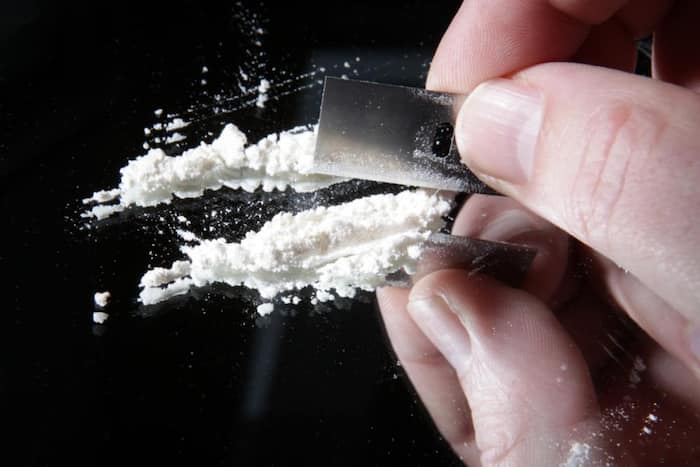The research pinpoints the neuronal PAS domain protein 4 (NPAS4) as a pivotal element in the creation and preservation of drug-context associations.

New Delhi: Cocaine has been notorious for causing numerous overdose fatalities and unpredictable behavior, impacting figures from rock legend Tom Petty to Charlie Sheen, previously the highest-earning star on television. It has long devastated both talent and wealth.
Scientists have now revealed the specific components in cocaine that contribute to its reputation as a feared narcotic.
Researchers at the Medical University of South Carolina have discovered how cocaine activates a particular protein in the brain, which then commandeers normal brain circuits, leading to increased drug-taking actions. This finding, published in ‘Nature Communications’, illuminates the processes underlying drug-context associations, which are crucial in the risk of relapse.
The research, directed by Christopher Cowan, the Chair of the Department of Neuroscience at MUSC, pinpoints the neuronal PAS domain protein 4 (NPAS4) as a pivotal element in the creation and preservation of these drug-context associations.
“These drug-context associations become future triggers for drug seeking,” explained Cowan, emphasising the importance of understanding how these associations are formed.
The team at MUSC concentrated on a select group of cells within the nucleus accumbens, an area of the brain crucial for controlling motivation and learning associated with rewards. Their findings revealed an increase in neurons expressing NPAS4 following cocaine exposure. NPAS4, a transcription factor, orchestrates cellular responses to neuronal activity triggered by diverse stimuli, drugs included.
Interestingly, the research indicated that NPAS4 within neurons expressing D2 dopamine receptors, as opposed to D1 receptors, plays a vital role in context-related drug-seeking behavior.
D2 neurons usually serve as a brake on drug-taking behaviors. However, NPAS4 seems to diminish this inhibitory effect, thereby reinforcing drug-context associations and heightening the risk of relapse.
“Drugs are presumably doing multiple things,” said Cowan, adding, “They’re not only strengthening and forming the context memory, but also suppressing the brain’s ability to oppose this association.”
Understanding how NPAS4 mediates these effects could lead to new therapeutic targets aimed at reducing the risk of relapse, a breakthrough that would be fundamental.
(With IANS inputs)

